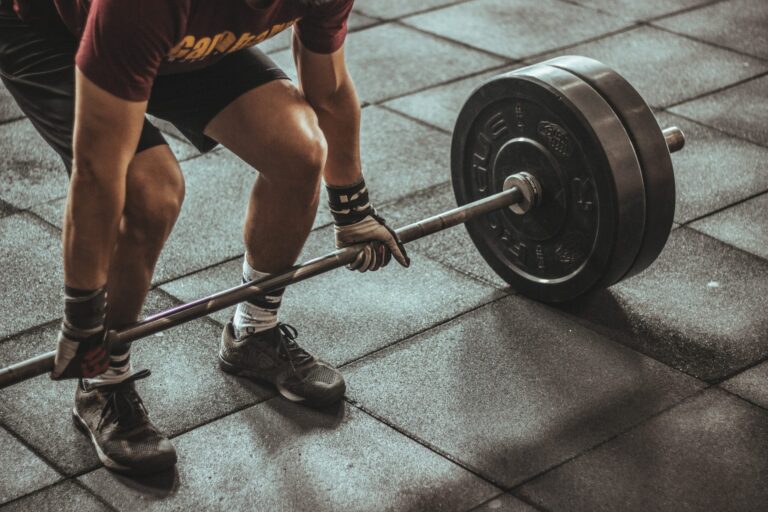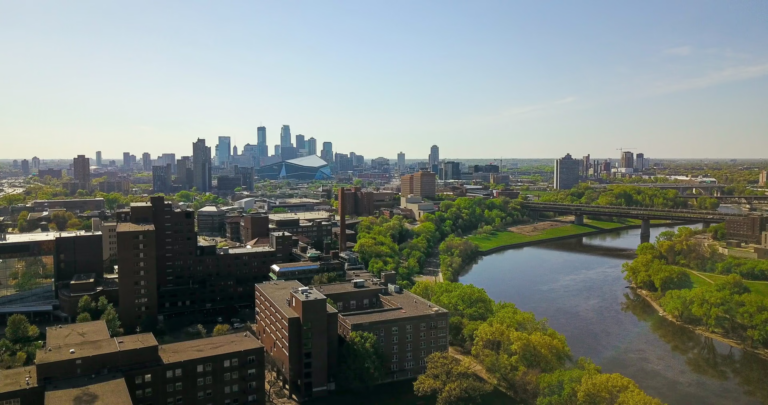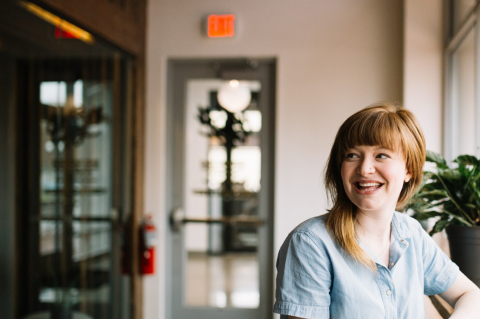Peer Recovery Specialists (PRSs) are individuals in recovery from Substance Use Disorder (SUD), or with lived experience of recovery. They walk alongside peers in recovery and help them navigate the obstacles they may face along their recovery journey. Working as a PRS increases the likelihood of your clients’ success in SUD recovery, through increased social support and social functioning, increased engagement in self care and wellness, and an overall decrease in substance use and depression (SAMHSA). There is a huge need for more PRSs working in various communities and helping individuals in recovery. However, many individuals don’t know where to begin the PRS journey. In this article we’re going to explain:
- What a PRS is and why they are important
- How to become a PRS
- Helpful tips when becoming a PRS
What is a Peer Recovery Specialist and Why Do They Matter?
A Peer Recovery Specialist (PRS) is someone with the lived experience of recovery from a mental health condition, Substance Use Disorder (SUD), or both (SAMHSA). These individuals provide non-clinical support to peers experiencing similar obstacles, and walk alongside individuals on their recovery journey. PRSs link people in recovery to tools and resources, and work with them to create a long-term recovery plan that supports them in living an abundant life.
Peer Recovery Specialists often complement other members of a treatment care team. Care teams include professionals such as therapists, program managers, social workers, and licensed psychiatrists. PRSs offer another necessary element to an individual’s care team; someone who has shared experiences through their own personal recovery, and therefore can provide a judgment-free relationship with their peers.
How to Become a Peer Recovery Specialist
Step 1 : Decide to Become a PRS
Being a PRS is a commitment to help the peers you work with that share the experience of Substance Use Disorder with you. If you’re looking for a meaningful way to give back to others in recovery, becoming a PRS can be the first start on this journey.
All that’s required is a year of lived experience in recovery, and a GED or high school diploma.
As a PRS you will support your peers by:
- Providing transportation
- Attending meetings and appointments
- Connecting your peers to resources to assist them in their recovery (housing, jobs, etc.)
- Much, much more
Want to learn more about the services you will provide as a PRS? Read more here.
Step 2 : Get Trained
Once you’ve decided to become a PRS, the next step is to complete your training. PRS training consists of a required 46-hour training course that provides you with the information you need to get started in your new role. Training courses are led by other Certified Peer Recovery Specialists that have direct experience in the role.
Each program’s training course may vary in price depending on which organization you decide is right for you. We understand that you may not have the time and flexibility to pay for in-person training. For this reason, Kyros offers free, virtual and in-person training options through our partner Refocus Recovery. Visit their training portal here to sign up for a class now, or visit the Minnesota Certification Board to view other PRS training options in Minnesota.
Step 3 : Get Certified as a Peer Recovery Specialist
After completing your PRS training, you’ll need to get certified – this is when you officially become a Certified Peer Recovery Specialist (CPRS). Certification is completed through the Minnesota Certification Board (MCB), and takes roughly 2 hours to complete.
If you decide to train through Kyros, we will walk you through the certification process to help you start working as soon as possible. No matter which organization you train with, you can find assistance with certification and job placement through Kyros here.
*Certification can take up to 7 days to process, therefore we recommend you create your account through MCB on the day you begin training. Ask your training instructor for more information if assistance is needed.
Step 4 : Start Supporting Your Peers as a Peer Recovery Specialist
Once you are trained and certified you are ready to start supporting peers in recovery! You can begin to find clients on your own, or you can work with an organization that places you in a recovery organization that is in need of peer services.
At Kyros, we partner with organizations across the continuum of care to create a strong network of resources. Some partner organizations that we work with have limited resources and are overwhelmed with programs operating at maximum capacity. We are here to support our partner organizations by placing CPRSs within their organization to help support the individuals in their programs!
Step 5 : Advance in Your Career as a Peer Recovery Specialist
Working as a Certified Peer Recovery Specialist is just the beginning of your career – there are so many opportunities to grow. Outside of gaining hours as a CPRS and making a competitive wage that grows as you do within your role, you can also train to become:
- A CPRS Reciprocal
- A CPRS Supervisor
- A PRS Trainer
These are a few of the ways that we offer CPRS career growth at Kyros, but there are many other opportunities as well. Advancing in your career depends largely on which path you would like to take, and the level of time commitment you are able to make. Your journey as a CPRS is in your hands, and we’re here to help!
3 Reminders When Becoming a CPRS
- Once you get certified, you a become a professional
- Becoming a CPRS means you have officially begun your professional career within the recovery industry – you are now a professional, and you will be treated as such.
Requesting your diploma before taking the PRS training class will ensure you begin working sooner
- Certification can take up to 7 days to process. Requesting your diploma before taking your class means you can fast-track your certification, and begin working as soon as you complete your training and certification.
You have the potential to save lives – this job helps you do it
- Being a CPRS is a huge responsibility as you have the potential to completely change lives for the better. Never forget the impact and importance of being a CPRS!
Now that you have all the steps…
It’s time to decide if becoming a CPRS is the next step in your recovery and career journey! Becoming a CPRS is not only an investment in your peers, but in your own recovery. Aside from impacting the lives of the peers you work with in a positive way, you are furthering your recovery journey by creating an even stronger recovery network – and learning what it means to be in recovery through the eyes of others.
Ready to start your journey as a Certified Peer Recovery Specialist? Sign up for a training class now → https://hubs.la/Q01pKHSD0
Sources:
SAMHSA. “Value of Peers.” SAMHSA, 2017, https://www.samhsa.gov/sites/default/files/programs_campaigns/brss_tacs/value-of-peers-2017.pdf.
Accessed 12 November 2022.
Minnesota Certification Board. “MCB: Approved Peer Training.” Minnesota Certification Board, 2022, https://www.mcboard.org/approved-peer-training/ .
Accessed 6 November 2022.




